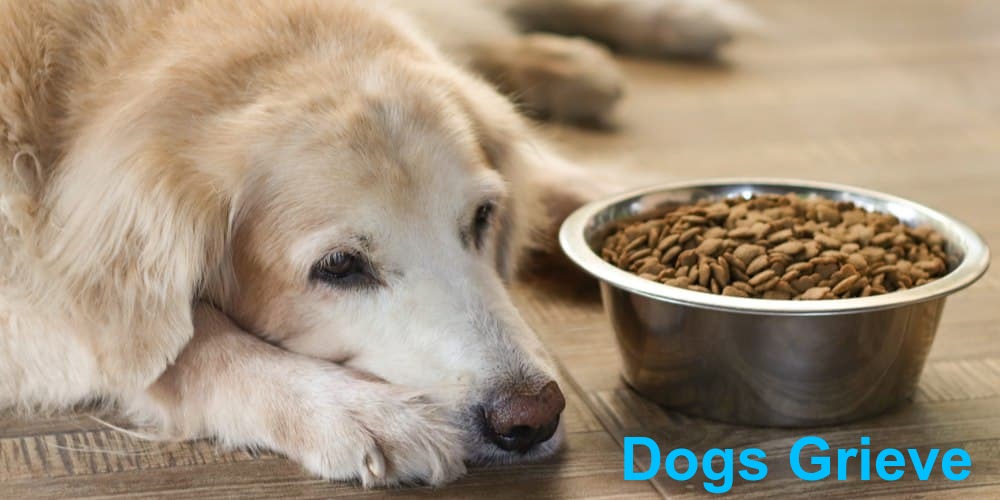
Grief Is Profound, and Canines Feel It Too
There is unfathomable pain when we lose someone we love. When we lose someone, our four-legged friends experience the same emotions. Every dog, however, is unique and expresses grief in a different way. Although it’s possible that dogs have a sixth sense and may spot specific human traits, it’s still unclear if they comprehend death.
It is crucial to be aware of the indications that your dog may be grieving for this reason. Here are a few reasons your dog might be in mourning.
How Do Dogs Grieve?
The most common way dogs grieve may include the following:
- Blank stares
- Move slower
- Loss of appetite
- Don’t want to play
- Less active
- Mournful howl
- Always looking down
- Mournful eyes
Other unusual ways for dogs to communicate their sorrow exist as well. These could involve vocalisations like whining and whimpering. Additionally, they show personality changes including becoming more needy and clingy for attention. The dog occasionally hangs out in the departed’s preferred location.
Why Do Dogs Grieve?
There have been a number hypotheses put up to explain why dogs weep.
One’s natural reaction to the changes in their life brought on by the loss of a loved one is to grieve. For instance, if your dog lost a playmate, they might be sad since they are unable to play with them anymore.
Because he was accustomed to having his master feed him and take him for walks, if your dog lost his owner, he might feel upset.
Dogs frequently are unaware that their pet parent has passed away. The dog typically anticipates the return of its owner. The dog’s melancholy is exacerbated by this expectation.
How Do You Help A Grieving Dog?
Taking your dog to the veterinarian is the first thing you should do. First, you must determine whether your dog is truly in mourning or whether the symptoms you are observing are brought on by a medical condition. You can ask your vet for advice on how to help your dog cope with loss while you are seeing him.
There are a few things you can do once you’ve established that your dog is in fact grieving. Here are a few examples:
- Increase your time spent with your dog.
- Express more affection
- If your grieving dog enjoys company, invite friends and other animals.
- Ignore bad behavior
- Praise good behavior
Dogs experience grief in many ways. Therefore, don’t hurry your dog’s grieving process. Furthermore, dogs lack the ability to communicate their emotions like people do. So, thanks for your patience. To make them feel safe, secure, and comfortable, give them a warm bed with an extra-comfy blanket. Their grief process may benefit from this.
Decide when you need your veterinarian’s assistance. Call your veterinarian as soon as possible if your dog’s condition doesn’t seem to be getting better and his grief is having an impact on his health. If at all possible, learn more about the grieving process of our canine and feline companions so you can better comprehend and care for your pet.

